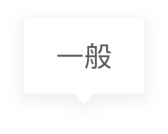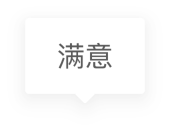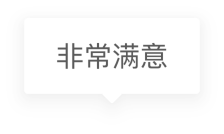- Security
- Security Service
- Baseline Check ServicePenetration Test ServiceIncident Response ServiceVulnerability Scan ServiceCybersecurity Classified Protection Consulting ServiceImportant Cybersecurity Guarantees ServiceInformation Security TrainingSecurity Notification ServiceSecurity Attack and Defense Drill Service
Products
NeuHub
Intelligent Design
Cloud Essentials
Enterprise Applications
Video Service
Developer Services
Management
Monitoring and Operation
云资源管理
不展示在产品目录下
For express and not display
Security
Security Service
Security Management
Data Security
Network Security
System Security
Applications Security
终端安全
Big Data
Big Data & Analytics
数据库
关系型数据库
分布式数据库
网络与 CDN
混合云网络
容器与中间件
Anti-DDoS Protection Package
开始与售前顾问沟通
可直接拨打电话 400-098-8505转1
我们的产品专家为您找到最合适的产品/解决⽅案
在线咨询 5*8⼩时
点击咨询1v1线上咨询获取售前专业咨询
企微服务助手
专业产品顾问,随时随地沟通

提交反馈
您对本页面的整体评价?
非常不满意
非常满意











